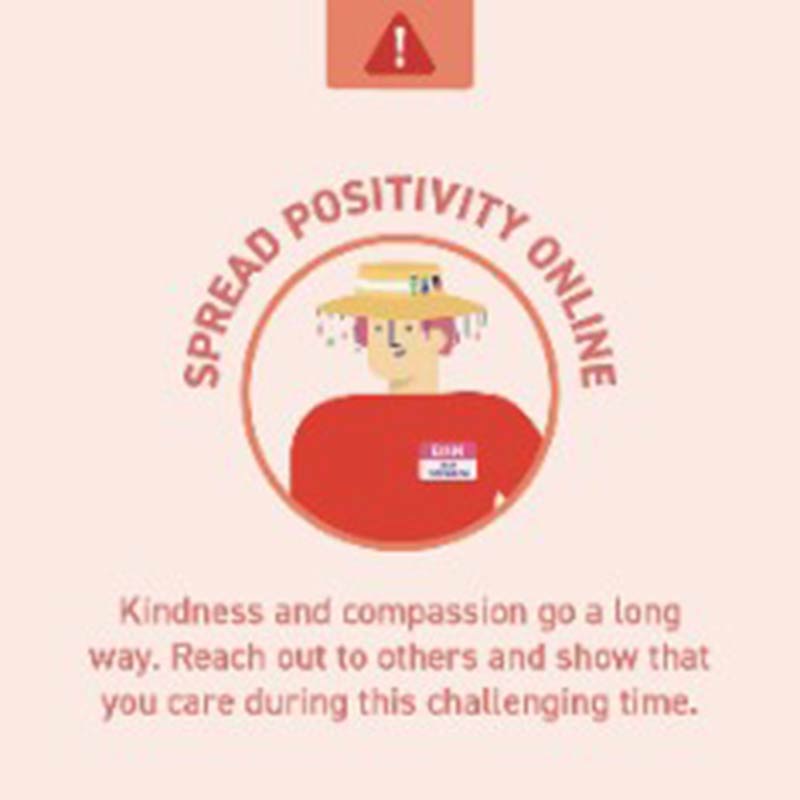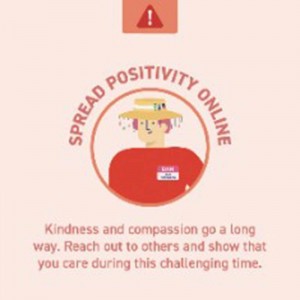
Relearning empathy: how to be a better netizen

If you can be anything, be kind. If you’ve been around the internet long enough it’s extremely likely you would have come across this sentiment being shared through countless motivational pages and memes. But while the ‘why’ is self-explanatory, what the sentiment ‘be kind’ doesn’t really get across is the ‘how’.
With the world an increasingly digital space, a sometimes frightening amount of human interaction takes place from behind a screen and a keyboard. What this adds in convenience and efficiency, sometimes takes away from our most human of emotions – empathy. After all it’s much easier to tell someone off in a comment section as opposed to face-to-face – and there’s a reason for that; from the time we’re born, humans are taught to gauge their interactions primarily through tone of voice and facial cues. You take those away, and all you’re left with are some words, and a lot more missing information.
In this context, the challenge we as a society face is in reasserting compassion, decency, and, yes, kindness, into our online discourse. Many times we’re guilty of allowing the negativity spewed by trolls get us down, which in turn starts a cycle that sees even more negativity perpetuated through us, not only online but in daily life. However it doesn’t need to be this way, and there are a few simple things that each one of us can do to help spread more positivity online.
Take control
Offline, if a stranger engages you in a conversation and if fast becomes clear they’re not willing to engage in a civil manner, the shrewdest course of action for most of us is to not engage them. Likewise, if you meet someone online that is clearly attempting to get under your skin, acknowledge that fact and simply extricate yourself from the situation.
Further to this, simply be conscious of how your words can impact others. If you feel the urge to insult someone online in an excessive manner, ask yourself why you feel that way, and whether the other person might have similar reasons for their anger. Accept that their anger and hate will not change your opinion, and vice versa.
Instead focus on positive messaging and empathy where possible. For example, a gentle compliment or congratulatory message on someone’s accomplishment could go a long way in improving someone’s day, the same way a troll’s negativity brings them down.
Curate smart
Social media sites such as Facebook make it easier than ever to curate your newsfeed just the way you like.
It’s important to understand that despite the internet allowing for greater and faster sharing of information than at any other point in human history, it is still a fraction of what is actually taking place. So if you find yourself overwhelmed by negative news items, it’s important to follow pages that also share uplifting news, simply as a reminder that things are not always doom and gloom.
Celebrate your life, family, friends
With the advent of social media it’s easy to get carried away with comparisons, where everyone’s life seems to be better than yours. The simplest and easiest way to extricate yourself from this way of thinking is to simply shift your focus.
Find things, no matter how small, to be grateful for in your life; it will make you appreciate what you have as opposed to what you don’t. Further, take a genuine interest in the lives of your friends and family. Not only are they key components of what enriches your life and makes you you, but in such uncertain times merely asking someone how their day was (and following up periodically) can make a colossal difference in mental well being.
This is part of Facebook’s We Think Digital Program which provides resources to build a global community of responsible digital citizens equipped with skills for a digital world.




